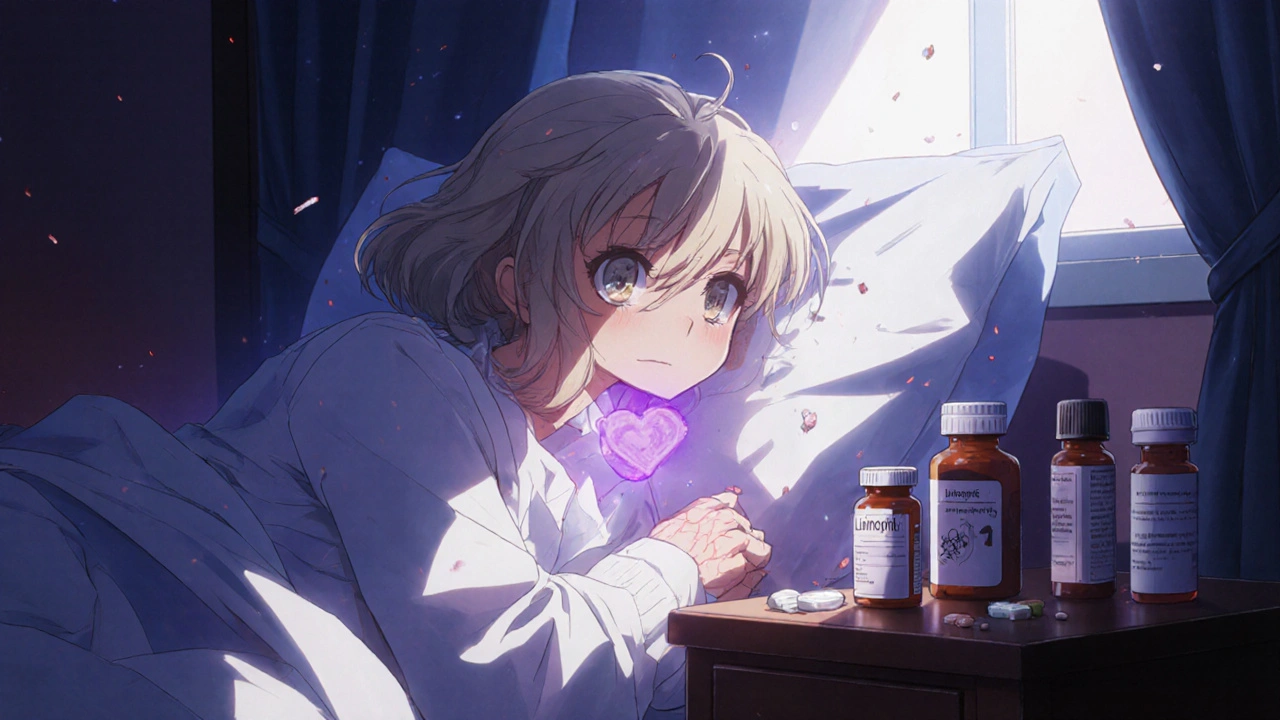ACE Inhibitor Angioedema: Risks, Signs, and What to Do
When you take an ACE inhibitor, a class of drugs used to lower blood pressure and treat heart failure. Also known as angiotensin-converting enzyme inhibitors, these medications help relax blood vessels—but for some people, they trigger a serious reaction called angioedema, a sudden, deep swelling under the skin, often around the face, lips, tongue, or throat. This isn’t a rash or mild irritation. It’s a medical emergency that can block your airway if not treated fast.
Not everyone on ACE inhibitors gets this reaction, but certain groups are more at risk. People of African descent, women, older adults, and those with a history of allergies or previous swelling episodes are more likely to develop it. The swelling usually shows up within the first week of starting the drug, but it can happen months or even years later. It’s not caused by an allergy in the traditional sense—no histamine release, no itchy hives. Instead, it’s linked to a buildup of bradykinin, a substance that makes blood vessels leak fluid into surrounding tissues. That’s why antihistamines like Benadryl often don’t help. You need something that stops the swelling from getting worse.
If you’re on an ACE inhibitor and notice your lips or tongue getting puffy, or if your voice sounds strange, or you feel like your throat is closing up—stop taking the drug immediately and get emergency care. Don’t wait. Even if it seems mild at first, it can turn dangerous in minutes. Doctors will switch you to a different type of blood pressure medicine, like an ARB (angiotensin II receptor blocker), which has a much lower risk of angioedema. But even ARBs aren’t risk-free—some people who had angioedema on ACE inhibitors can still react to them.
What you’ll find in the articles below isn’t just theory. These are real stories, real data, and real guidance from people who’ve been through it—and from experts who’ve studied it. You’ll learn how to spot the earliest signs, what tests doctors use to confirm it, which medications are safest after an episode, and how to talk to your provider so you don’t get caught off guard again. There’s also info on how this reaction compares to other drug-related swelling, what to do if you’re in a high-risk group, and how to make sure your emergency plan is ready if it happens again. This isn’t about fear. It’s about knowing what to watch for, what to do, and how to stay in control of your health.

